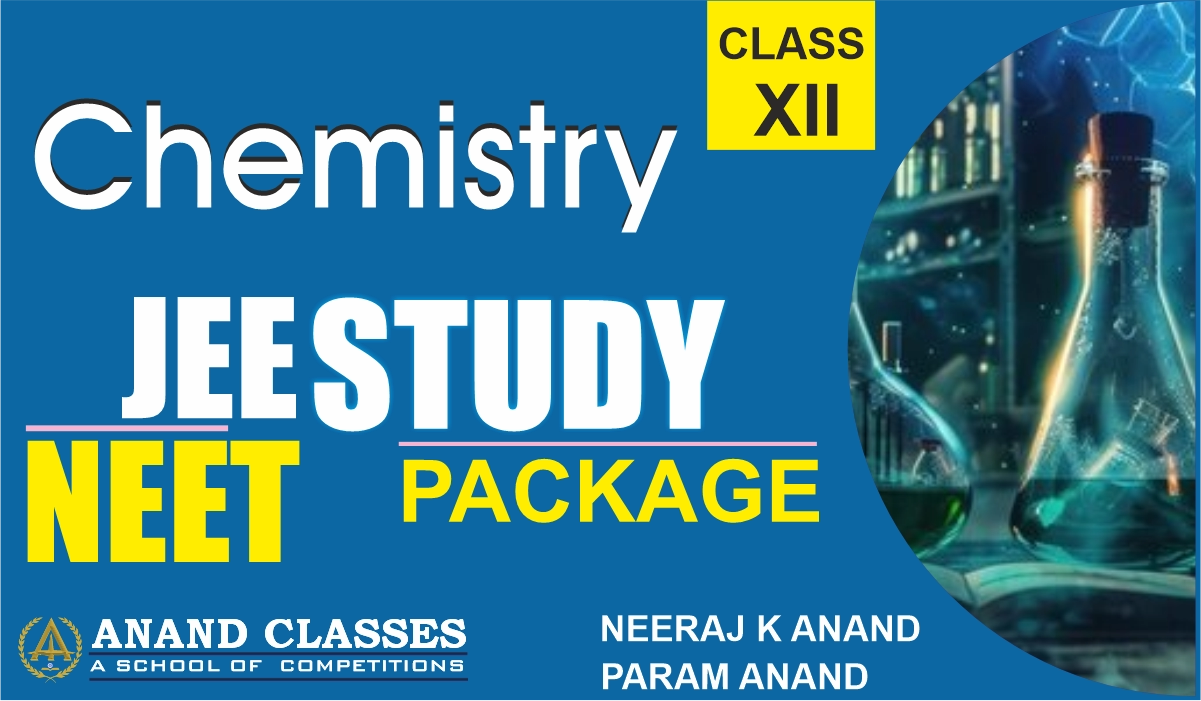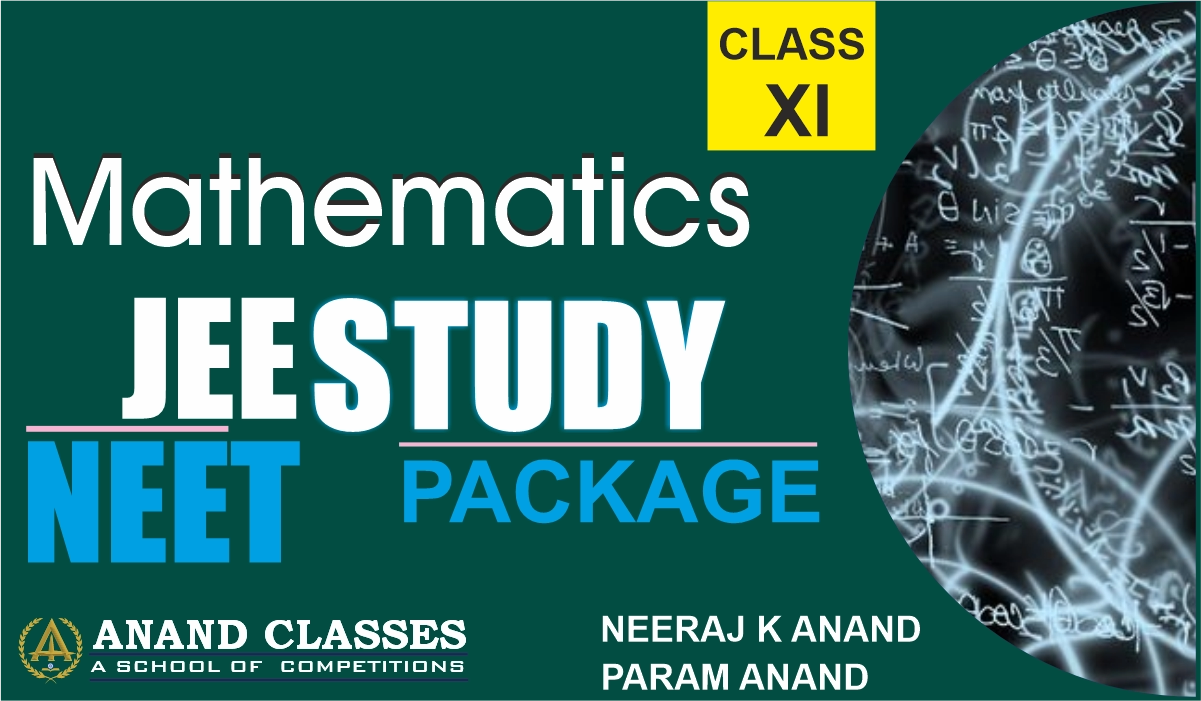Electrochemistry MCQs with Answers Class 12 CBSE Chemistry Worksheet

Class 12 chemistry MCQs with answers are provided here for chapter 3 Electrochemistry. These MCQs are based on the CBSE ...
Read more
Solutions MCQ’s With Explanation For Class 12 CBSE Chemistry Worksheet

A homogeneous mixture of two or more components is called a solution. The properties and composition of the mixture are ...
Read more
Solutions MCQs with Answers For Class 12 CBSE Chemistry Worksheet

Class 12 chemistry MCQs with answers are provided here for chapter Solutions. These MCQs are based on the CBSE board ...
Read more
Collision Theory-Definition, Explanation, Activation energy, Arrhenius equation and FAQs of Collision Theory.

What is Collision Theory Of Chemical Reactions ? Collision theory of chemical reactions and their kinetics has made great developments ...
Read more
Arrhenius Equation-Effect of Temperature on Rate of Reaction, FAQ’s

What is Effect of Temperature on Rate of Reaction ? Temperature is one of the parameters that can affect the ...
Read more
Integrated Rate Law Equation for Zero Order and First Order Reaction

What Is Ddifferential Rate Equation ? An equation representing the dependence of the rate of reaction on the concentration of ...
Read more
Rate of Reaction-Definition and Factors Affecting Reaction Rate, Formula, Average Rate of reaction, Instantaneous Rate of Reaction

Rate of reaction refers to the speed at which the products are formed from the reactants in a chemical reaction. ...
Read more
Kohlrausch Law Questions – Practice Questions of Kohlrausch Law with Answer & Explanations

Kohlrausch Law directs the electrolyte’s limiting molar conductivity with its constituent ions. It displays that at infinite dilution equivalent conductivity ...
Read more
Kohlrausch Law and Applications of Limiting Molar Conductivity

Kohlrausch Law refers to an electrolyte’s limiting molar conductivity to its constituent ions. It indicates that an electrolyte’s limiting molar ...
Read more
Faraday's Laws of Electrolysis – First Law and Second law

Electrolysis is the use of electric current to stimulate a non-spontaneous chemical reaction. In electrolysis, an electric current is passed ...
Read more
